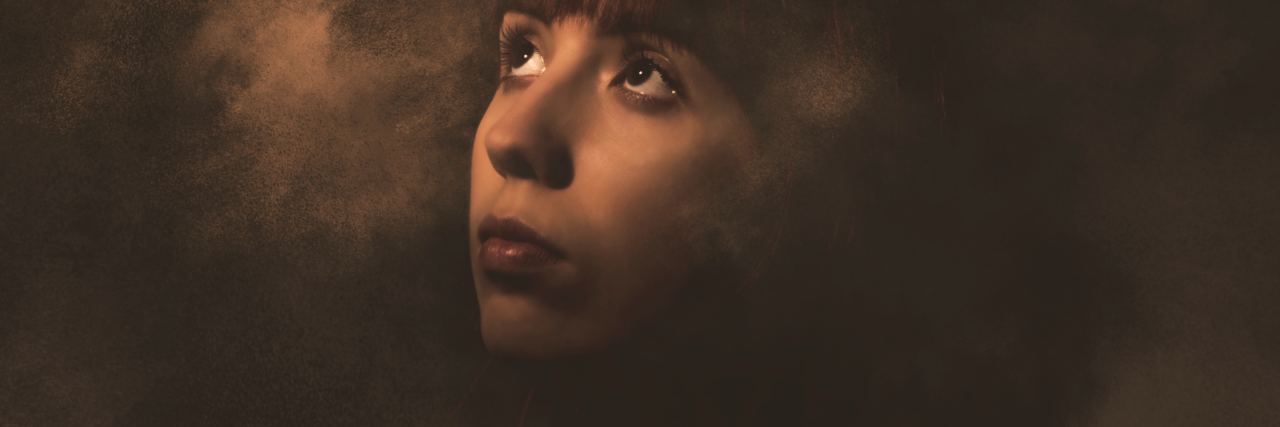When I Question If I Can Be a Mental Health Professional Who Self-Harms
Editor's Note
If you struggle with self-harm or experience suicidal thoughts, the following post could be potentially triggering. You can contact the Crisis Text Line by texting “START” to 741741. For a list of ways to cope with self-harm urges, visit this resource.
I am two months away from graduating with a clinical Master of Social Work degree, and I self-harmed two weeks ago.
I went through the deepest, darkest, most serious episode of depression I’ve ever experienced last semester. After over a year and a half, the longest I’d ever gone without self-harming for 10 years, I relapsed. This relapse hurt worse than any other I had in the past. I’m the one who is supposed to be helping others. I’m the one who meets with teenagers who could very well be doing exactly what I did that night when my emotions and pain were too much for me to handle, when none of my coping skills I have gathered over the years of counseling worked.
And then, I just did it again. I self-harmed again after only a couple months. All the questions started flooding my head about my career choice. Am I able to do this? Has my dream of being a social worker been a joke? What will my own counselor think about me doing this while pursuing a job as a clinical helping professional? What would my supervisors and professors think if they knew what I did in the darkness and stillness of that night? What if they saw the tears that fell during the following days and saw between my lies and figured out I had self-harmed.
Then, words spoken to me in the past began to flood my mind. Not all at once, but over the next few days. “You have a gift for this. Your story has made you who you are, and you are beautiful,” said a professor. A supervisor told me, “It is your willingness and ability to connect with other people, even in your darkest times, that I believe will help you to heal and live well. It will help you be a better practitioner.” Another person told me, “You are made to sit with people in their darkness. Your story will influence your practice for the better. You are competent to do this work.”
When I told my best friends in my social work program about the relapse, they said: “We love you for who you are. You are not the person who self-harms. You are more. We will always love you whether you have self-harmed or not.” My counselor said, “This does not disqualify you. You are not too ‘messed up.’ You are qualified. Your story hasn’t ruined you. You have a passion and that doesn’t change because you hurt yourself this week.” Another time she said, “We keep fighting. Fighting together. There is fight inside of you and we are going to pull every bit of that fight out. This fight is going to be valuable in your career. You can inform others with what you know. You can fight harder for clients once you know how to fight for yourself.”
Do I still question if I can be a clinical social worker and do therapeutic work with someone when I struggle with thoughts and urges about self-harm? Yes. Do I know deep in my mind that I can be both a social worker and someone whose story includes self-harm? Yes. It doesn’t always feel true, but it is true. And I’ve found people to remind me of this.
Don’t let your story dictate whether you pursue your passions or not. We are more than what we have done to ourselves. We are more than what someone has done to us. We are more than a diagnosis by a psychiatrist. We are more than what people think when they see our scars. We are more. We are so much more.
Photo by Shelby Miller on Unsplash

